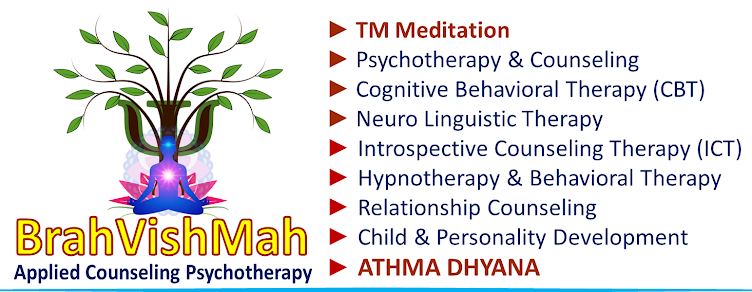Agoraphobia is an anxiety disorder. It creates and intense fear about a situation or any environment or particular environment where they want to escape swiftly. Patients tend to take “FLIGHT” mode in this regard. But, due to the established or helpless environmental functioning, they feel more helpless and find very hard to escape. Agoraphobia can develop after a person has had a panic attack. A fear of further attacks, for example, may cause the person to avoid the kinds of situation in which the first attack took place. This instigates their anxiety much more that might lead into frequent panic attacks. A person with this type of disorder has persistent feelings of anxiety that affect their ability to function in daily life.
People often misunderstand agoraphobia as a fear of open spaces, but it is more complex than that. Situations that may trigger fear in people with agoraphobia include:
1) Crowded or enclosed spaces
2) Open and remote spaces
3) Being far from home
Symptoms
1) Afraid of leaving their home for extended periods of time
2) Afraid of being alone in the social situation
3) Afraid of losing control in a public place
4) Afraid of being in places where it would be difficult to escape, such as a car or elevator
5) Detached or estranged from others
6) Anxious or agitated
Causes
1) Depression
2) Other phobias, such as claustrophobia and social phobia
3) Another type of anxiety disorder, such as generalized anxiety disorder or obsessive compulsive disorder
4) A history of physical or sexual abuse
5) A substance abuse problem
6) A family history of agoraphobia
Treatments
1) Psychotherapy, also known as talk therapy, involves meeting with a therapist or other mental health professional on a regular basis. This gives you the opportunity to talk about your fears and any issues that may be contributing to your fears
2) Cognitive behavioral therapy (CBT) is the most common form of psychotherapy used to treat people with agoraphobia. CBT can help you understand the distorted feelings and views associated with agoraphobia
3) Exposure therapy can also help you overcome your fears. In this type of therapy, you’re gently and slowly exposed to the situations or places you fear. This may make your fear diminish over time
4) Certain
medications can help relieve your agoraphobia or panic attack symptoms. Selective serotonin reuptake inhibitors and selective serotonin and norepinephrine reuptake inhibitors




No comments:
Post a Comment